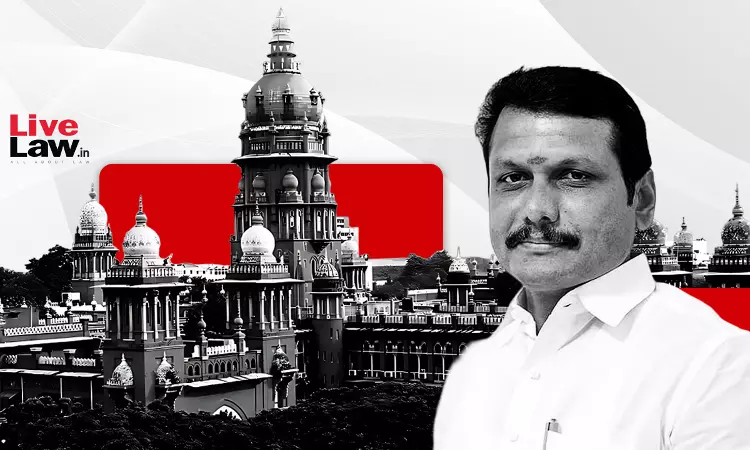BREAKING - Madras High Court Delivers Split Verdict In Habeas Corpus Plea By Senthil Balaji's Family Against His Arrest By ED
Upasana Sajeev
4 July 2023 10:55 AM IST

Next Story
4 July 2023 10:55 AM IST
The Madras High Court on Tuesday delivered a split verdict in the Habeas corpus plea filed by Megala, wife of Senthil Balaji against his arrest by the Enforcement Directorate in a money laundering case under the Prevention of Money Laundering Act. The bench of Justice J Nisha Banu and Justice Bharatha Chakravarthy said that the matter will now be placed before the Chief Justice for...
